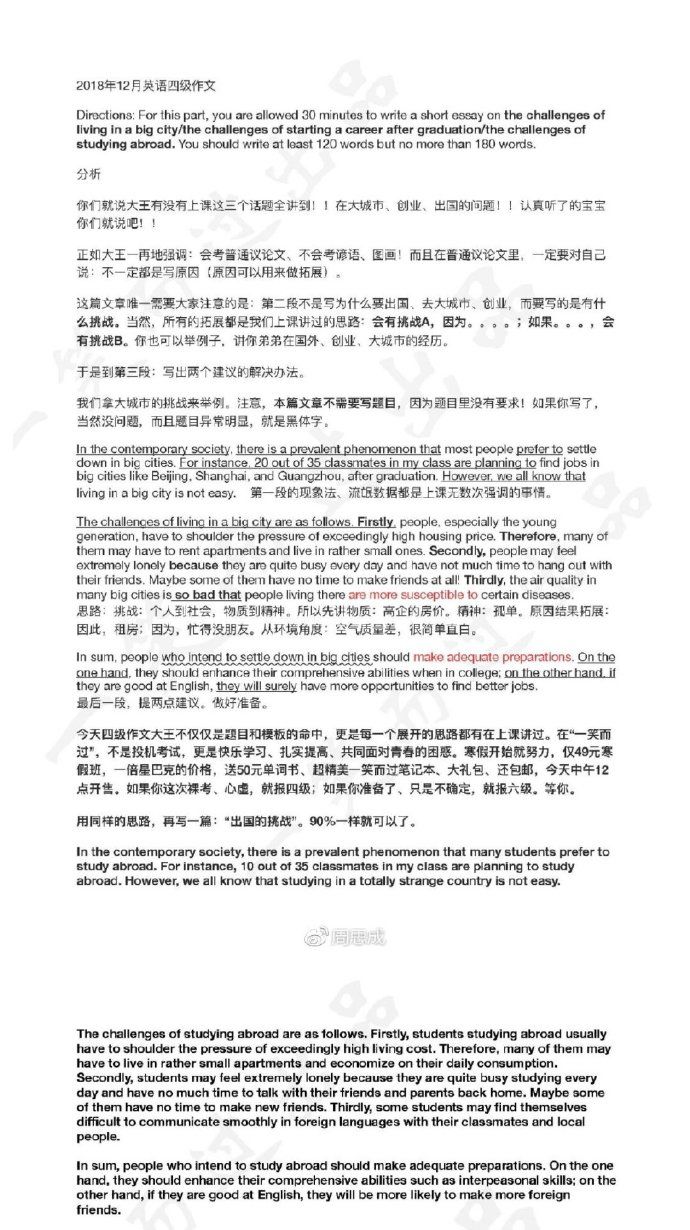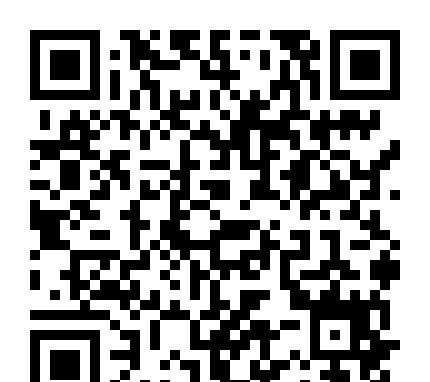Colombian hostages freed in epic rescue
|
Colombian troops tricked rebels into freeing politician Ingrid Betancourt and three Americans in a bold but bloodless jungle rescue that dealt a severe blow to Latin America's oldest left-wing insurgency. Betancourt, a dual French-Colombian citizen and former presidential candidate, had been held for six years by the Revolutionary Armed Forces of Colombia, known as FARC, and was its most well-known captive. Wednesday's rescue further weakened the negotiating position of FARC rebels, who are already reeling after the death of three top leaders, and bolstered President Alvaro Uribe as he fends off a political scandal over bribery charges. The successful mission could shore up investor confidence in US ally Uribe, who is hugely popular at home for his security drive against the FARC and his free-market policies to foster investment and economic growth. Betancourt, 46, a mother of two, wept and prayed as she hugged relatives at a Bogota air base while the three US defense contractors - Keith Stansell, Marc Gonsalves and Thomas Howes - were flown to the United States after five years in captivity. "I feel like I am returning from a journey into the past," said Betancourt, dressed in a combat jacket and appearing in decent health. Eleven kidnapped soldiers and police were also released after the 22-minute rescue operation in the southern jungle province of Guaviare. Colombia said the mission involved infiltration of rebel leadership and soldiers acting as aid workers who pretended to transport hostages to a FARC commander's camp. "It was an intelligence operation comparable with the greatest epics of human history, but without a drop of blood being spilled, without one weapon being fired," Uribe said. But the FARC, considered a terrorist organization by US and European officials, still has scores of other hostages, some of whom have been held for a decade. It wants to swap them for jailed guerrilla fighters. Betancourt had not been seen since a rebel video last year in which she appeared gaunt in a jungle camp. The video provoked outrage in Colombia and overseas as former hostages told how she had been chained after repeated escape attempts. "Suicide is a daily thought, one that we postpone daily," she told CNN. "I was very sick, I think I was on the edge of death." She said the hostages were forced onto a helicopter handcuffed, but were then amazed to see their captors disarmed on board and hear from an army officer, "You are free." The freed Americans all worked for Northrop Grumman and were captured in 2003 after their light aircraft crashed in the jungles during a counternarcotics operation. Hours after their release, they were flown to San Antonio and taken to a military hospital at Fort Sam Houston. Venezuelan President Hugo Chavez, a self-styled socialist revolutionary who has been at odds with Uribe over his support for the rebels, called the Colombian leader to congratulate him on the successful operation, Venezuelan state television said. Chavez this year brokered the release of a group of hostages held by the FARC hoping his leftist credentials could persuade the rebels to yield. But a Colombian army mission to kill a top FARC commander inside Ecuador triggered an Andean crisis that threatened to spill over into border violence. French President Nicolas Sarkozy, who had made Betancourt's release a priority, sent his foreign minister to Bogota. Betancourt was kidnapped while campaigning for the presidency in 2002 when, against the advice of the armed forces, she traveled in southern Colombia and was stopped at a rebel roadblock. The FARC wants Uribe to pull back troops from an area the size of New York City to facilitate talks over hostages. But Uribe, whose father was killed in a botched FARC kidnapping two decades ago, offers a smaller safe haven under international observation. The outlawed rebel army, once a 17,000-member force able to attack cities, has been driven back into remote areas and now has about 9,000 combatants. "There's always the possibility that they will be more violent," said Johanna Mendelson-Forman, analyst at the Center for Strategic and International Studies in Washington. "The biggest challenge for them now is to keep what they have." Questions: 1.Why was Ingrid Betancourt the FARC’s most well-known hostage? 2. What does FARC stand for? 3. What is President Alvaro Uribe’s history with FARC? Answers: 1. She is a former presidential candidate in Columbia and was a dual French-Columbian citizen. 2. Revolutionary Armed Forces of Colombia. 3. His father was killed in a botched FARC kidnapping two decades ago. |








